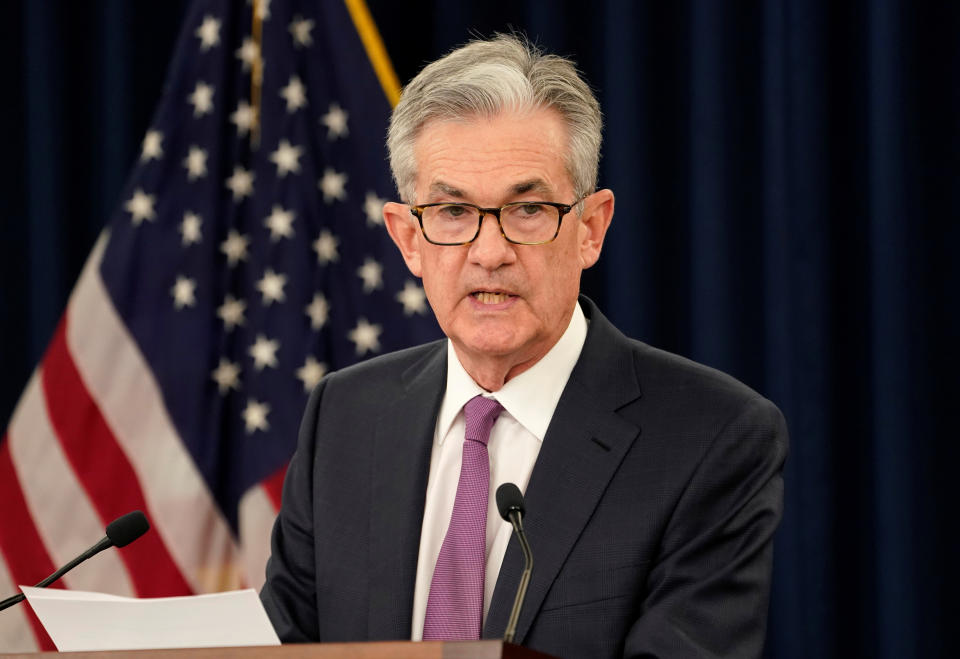The next rate cut is unlikely to be caused by weak growth, economist explains
The next Federal Reserve rate cut may be driven by weak inflation rather than softening economic growth.
“You'll notice that the statement was not all that downbeat on growth but did highlight weak inflation and uncertainties about the outlook,” wrote Neil Dutta, head of U.S. economics at Renaissance Macro Research, LLC, in a note to clients shortly after the June statement was released. “This feels more like the Fed sees the coming cut as more of an issue around inflation/insurance than growth.”
Here’s what the Fed said in its statement on Wednesday: “The Committee continues to view sustained expansion of economic activity, strong labor market conditions, and inflation near the Committee's symmetric 2% objective as the most likely outcomes, but uncertainties about this outlook have increased.”
After this line came an explicit acknowledgement of soft inflation, as Dutta pointed out: “In light of these uncertainties and muted inflation pressures, the Committee will closely monitor the implications of incoming information for the economic outlook and will act as appropriate to sustain the expansion.”
These two lines in the Fed’s statement help to narrow the reasons behind a future rate cut. Lower interest rates traditionally spur inflation.

While the Fed made no changes to its dot plot for 2019 and expects no change in rates this year, the Fed’s dots signal two rate cuts in 2020.
But Dutta expects the Fed to act earlier if needed.
“If there is a growing conviction the Fed will have to cut next year, they'll probably be more willing to act sooner than later,” Dutta noted.
Even Chair Powell, in his press conference, downplayed the firmness of the Fed’s dot plot.
“If you pay too close attention to the dots, then you may lose sight of the larger picture,” Powell noted.
The S&P 500 (^GSPC) moved higher following the Fed’s statement on Wednesday. The central bank kept rates unchanged.
Scott Gamm is a reporter at Yahoo Finance. Follow him on Twitter @ScottGamm.
More from Scott:
What the plunging 10-year Treasury yield says about the economy and stock market
Why one top strategist is bullish on tech even with lingering trade worries
Follow Yahoo Finance on Twitter, Facebook, Instagram, Flipboard, LinkedIn, and reddit.
